Listeners:
Top listeners:
-
play_arrow
104.9FM Best rock music demo
-
play_arrow
Demo Radio Nr.1 For New Music And All The Hits!
-
play_arrow
Demo Radio Techno Top Music Radio
-
 play_arrow
play_arrow
Police Commissioner Launches Weapon and Riot Control Training for FCT Officers Democracy Radio
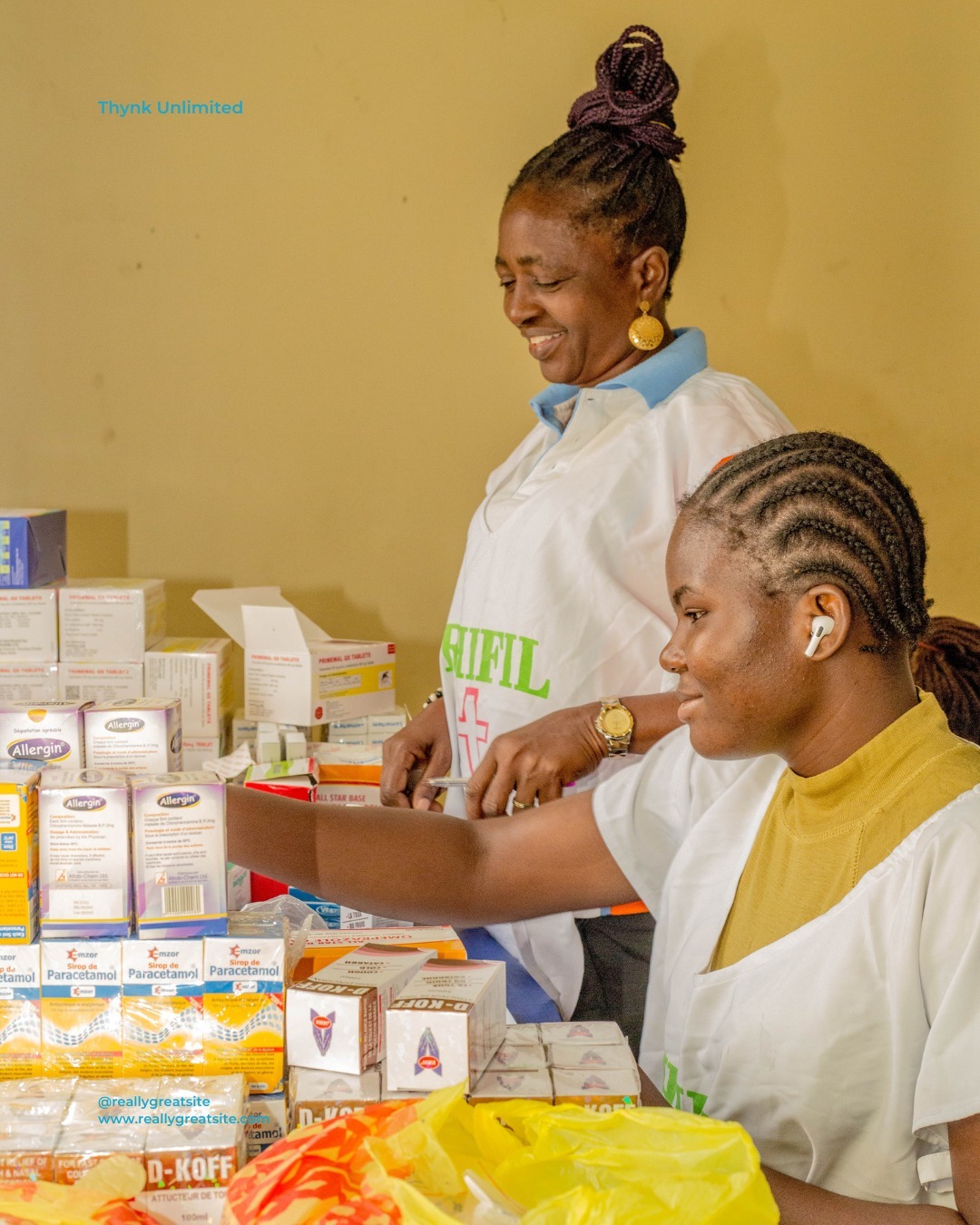
By Julian Osamoto
Edo State, Nigeria
The Rural Health Initiative for Improved Living (RHIFIL) has commissioned a fully equipped health centre and modern sanitation facility for internally displaced persons (IDPs) at the Home for the Needy Foundation Camp in Uhogua, near Benin City, Edo State.
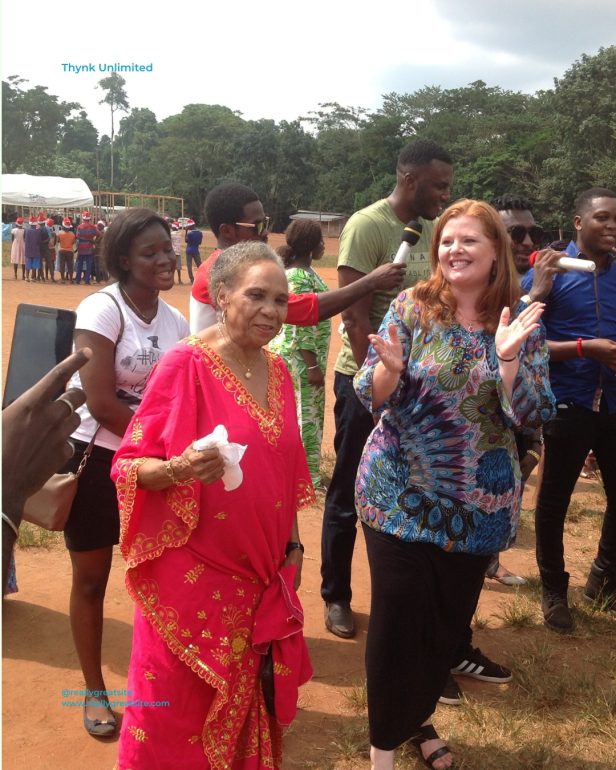
Founded by Rev. (Mrs.) Josephine Kpere Daibo, RHIFIL is dedicated to improving healthcare access, hygiene, and education for vulnerable populations across Nigeria.
A Lifeline for Displaced Families
Speaking at the unveiling, Rev. Daibo noted that the new health centre powered by solar energy and complete with patient wards and staff quarters now caters to thousands of displaced persons and nearby rural communities.
“Access to healthcare should not depend on where one was born or displaced to,” Rev Kpere Daibo, RHIFIL Founder stated
“Before RHIFIL’s intervention, families at the Uhogua IDP Camp faced severe medical challenges, relying on makeshift facilities for treatment and care. The new centre addresses these gaps by offering maternal care, immunisations, emergency treatment, and preventive health services”.
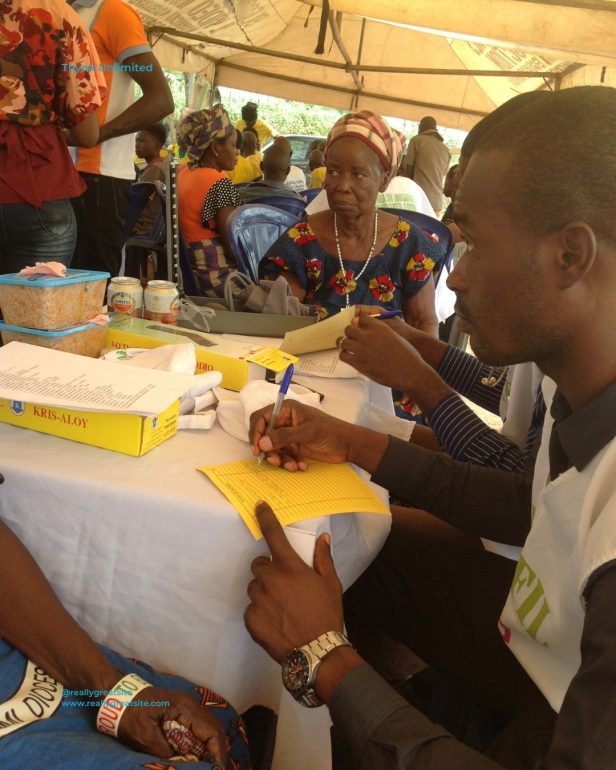
Intervention at Uhogua IDP Camp
In 2012 and 2013, the Home for the Needy Foundation began receiving large numbers of displaced families from the North-East following Boko Haram insurgency attacks. Most of the new arrivals were women and children who had lost their families and suffered trauma.
According Pastor Solomon Folorunsho, Executive Director of the Home for the Needy Foundation, many of the displaced persons arrived in poor health conditions, with limited access to medical care or hygiene facilities.
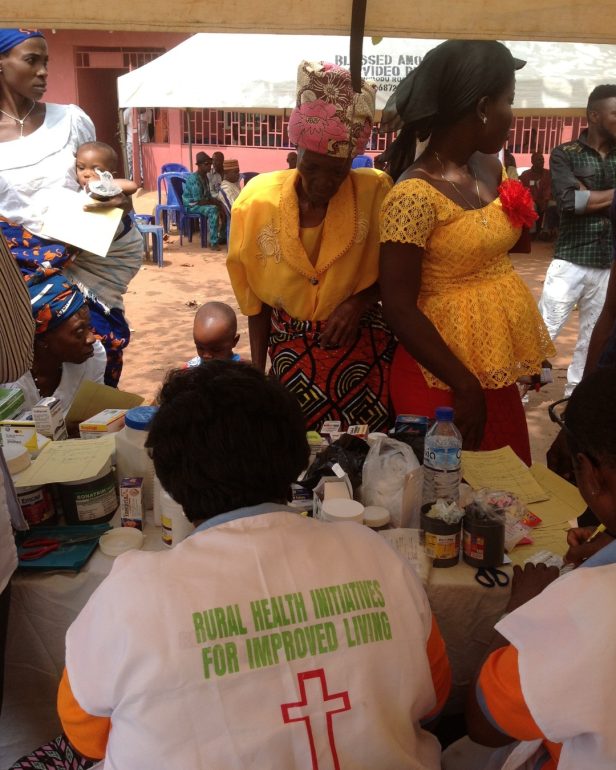
In response to our challenges, a nurse at the University of Benin Teaching Hospital (UBTH), Blessing Osawe, introduced the camp leaders to Rev Kpere Daibo and her organization, RHIFIL.
“When Mama Daibo visited and saw the state of our camp, she promised to build a health centre to care for the displaced,”
Establishment of the Health Centre
RHIFIL began construction of a four-room health facility with solar lighting, patient wards, staff quarters, and storage rooms. The project was supported by the Edo State Government through the Ministry of Health, which later commissioned and handed over the completed facility to the camp management.
“She told us that God had led her to build a health centre for the IDPs — and she did,” said one camp official during the commissioning ceremony.
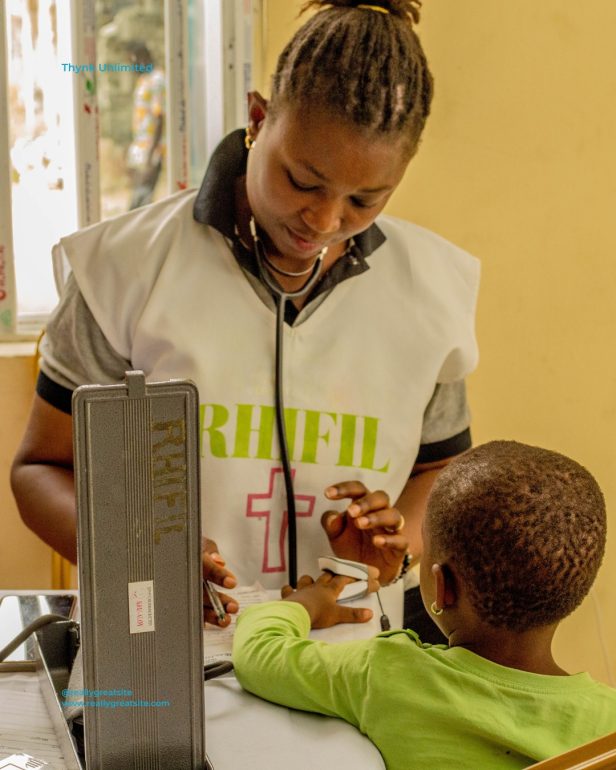
The centre has since provided primary health care services, including maternal care, child immunization, and community outreach programs, serving not only IDP residents but also nearby villages.
Improving Sanitation and Hygiene
Expressing gratitude, Pastor Solomon Folorunsho, Executive Director of the Home for the Needy Foundation, disclosed that in addition to the clinic, RHIFIL constructed 30 modern water-system toilets; 15 for men and 15 for women, replacing overfilled pit latrines that had posed serious health risks.
“Her timely response prevented a health disaster. The facility now provides essential medical services, maternal care, and immunisations that were once impossible.” He stressed
Beyond Uhogua: Expanding Health Access
Highlighting RHIFIL’s broader outreach, Rev. Daibo also mentioned the organization’s One-Day Free Medical Outreach in Igbede Community, Delta State, held in partnership with the family of the late Prof. (Chief) Alexander Omu.
“RHIFIL’s work shows how community-driven health partnerships can make real change,”
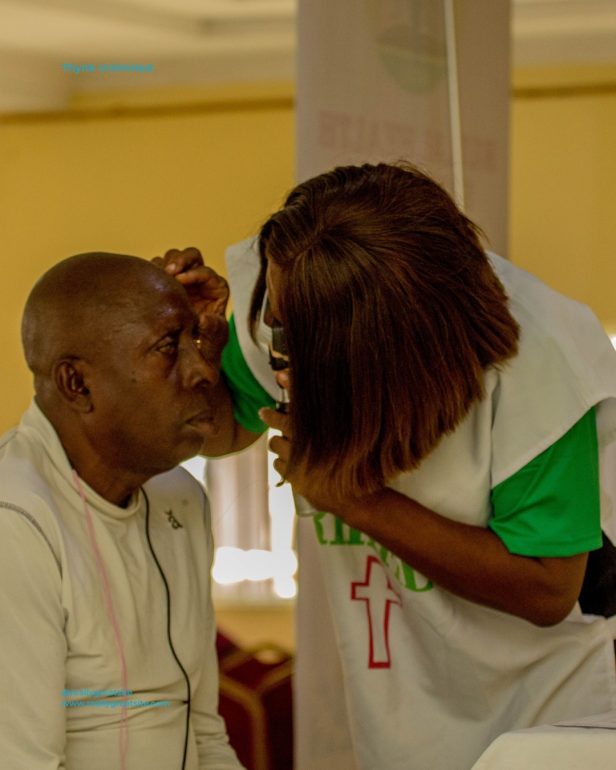
Dr. Emmanuel Ochebo, a Public Health Consultant, Benin City, noted that since its inception, RHIFIL has championed rural healthcare initiatives nationwide, focusing on preventive medicine, women’s health, water sanitation, and community empowerment.
Dr Ochebo appealed for more of such gesture and support from well to do Nigerians and the federal government, to alleviate the sufferings of the residents of the state
Written by: Toyeebaht Aremu
Similar posts
Wike, Labour Call Off FCTA Workers’ Strike
By Sofiat Adenekan-Abdul The Minister of the Federal Capital Territory (FCT), Nyesom Wike, and organised labour have reached an agreement to end the strike by Federal Capital Territory Administration (FCTA) workers. The resolution followed a marathon meeting convened by the Chairman of the Senate Committee on FCT, Senator Mohammed Bomoi, […]
Copyright Democracy Radio -2024

